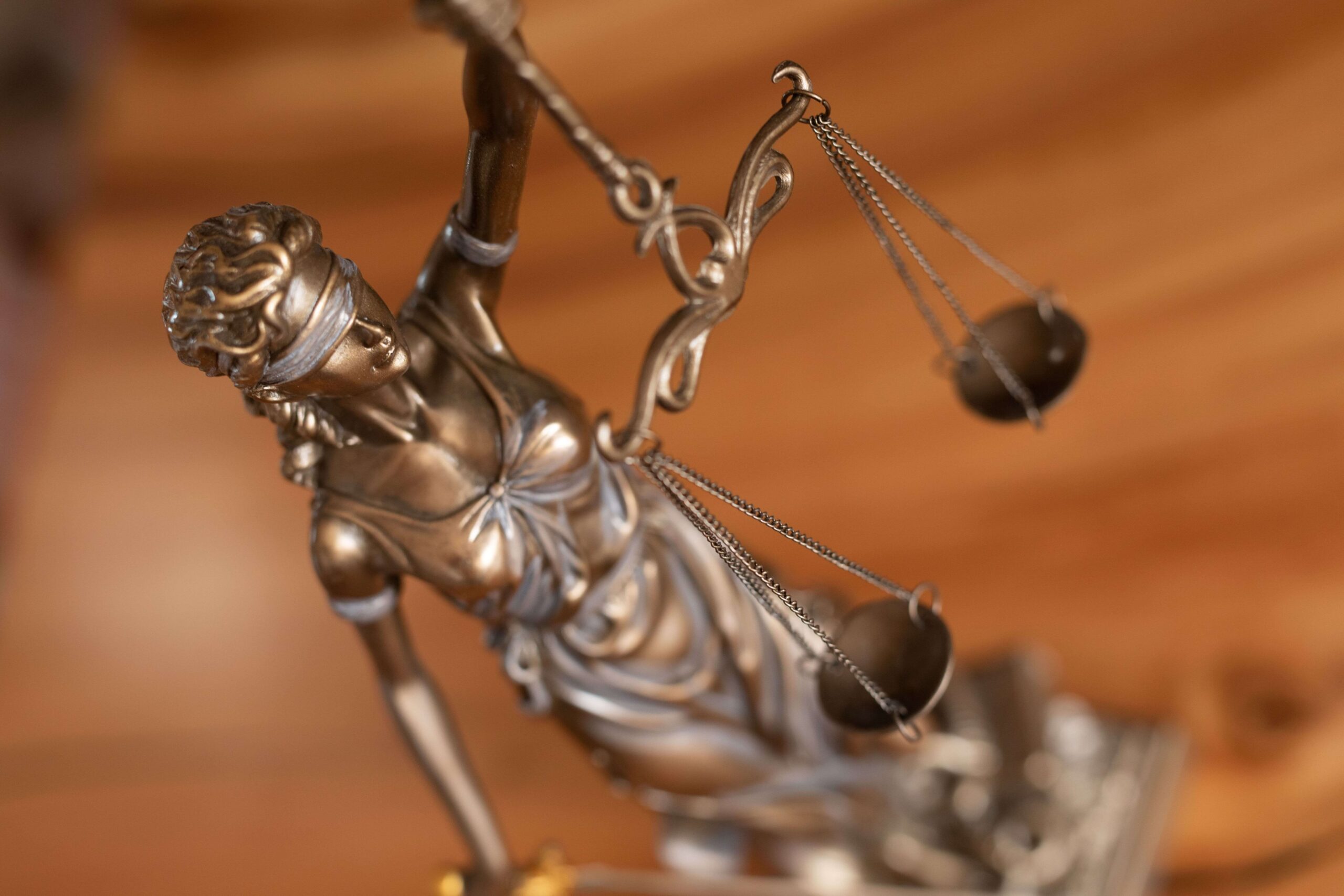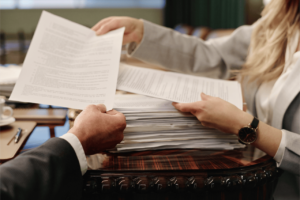Upcoding is a term that may sound unfamiliar to many, but it plays a critical role in healthcare billing and insurance claims. It is a practice that can have far-reaching consequences, affecting not only healthcare providers and insurers but also patients and taxpayers. In this article, we will explain what upcoding is, how it impacts healthcare, and why it is essential to address this issue. Additionally, we will highlight how The Howley Law Firm can assist whistleblowers and individuals earn financial rewards and protection by reporting Medicare and Medicaid fraud.
What Is Upcoding?
Upcoding is a fraudulent billing practice in the healthcare industry where providers submit insurance claims with codes that represent more expensive procedures or services than were actually provided. Healthcare billing relies on a standardized system of codes known as the Current Procedural Terminology (CPT) codes, which correspond to specific medical services and procedures. By using a code for a higher-paying service, a provider can receive greater reimbursement from insurance companies or government programs like Medicare and Medicaid.
For example, if a patient visits their doctor for a routine checkup but the provider bills the insurance company for a more comprehensive and expensive diagnostic exam, this constitutes upcoding. The intent is to maximize revenue by using a deceptive and illegal practice.
How Does Upcoding Occur?
Upcoding can occur in various ways, both intentional and unintentional:
- Deliberate Misrepresentation: Providers may knowingly use inaccurate codes to increase their reimbursement.
- Miscommunication: Errors can arise from miscommunication between healthcare providers and billing staff.
- Inadequate Training: Staff may lack the training necessary to accurately code services, leading to errors.
- Automated Software Errors: Billing software configured incorrectly can mistakenly assign codes for more expensive services.
Regardless of intent, upcoding results in improper claims and can trigger serious legal and financial consequences.

The Impact of Upcoding on Healthcare
The implications of upcoding are profound, impacting various aspects of the healthcare system:
Financial Strain on the System
Upcoding inflates healthcare costs by draining funds from insurance providers, Medicare, and Medicaid. These inflated costs can result in higher premiums for patients and taxpayers footing the bill for government-funded programs.
Decreased Trust in Healthcare Providers
When instances of upcoding come to light, they erode trust in the healthcare system. Patients may question whether their providers prioritize their health over financial gain.
Impact on Patient Care
In some cases, upcoding can lead to inaccurate patient records, affecting future medical decisions. A patient whose file incorrectly indicates they underwent certain tests or procedures might face complications in subsequent treatments.
Legal and Ethical Consequences
Upcoding is not just unethical; it is illegal under the False Claims Act (FCA). Providers found guilty of upcoding may face hefty fines, exclusion from Medicare and Medicaid programs, and even criminal charges.
Whistleblowers and the Role of the False Claims Act
Whistleblowers play a critical role in exposing upcoding practices. Under the False Claims Act, individuals with knowledge of fraudulent billing can file a qui tam lawsuit on behalf of the government. Successful whistleblowers may be entitled to a portion of the recovered funds as a reward. This not only incentivizes reporting but also helps recover billions of dollars lost to fraud each year.
However, coming forward as a whistleblower can be daunting. Potential retaliation from employers and the complexity of legal proceedings require knowledgeable and experienced legal representation.
How The Howley Law Firm Can Help
At The Howley Law Firm, we specialize in representing whistleblowers and individuals involved in healthcare fraud cases. Based in New York, our experienced attorneys have a proven track record of handling cases related to Medicare and Medicaid fraud, including upcoding.
We understand the courage it takes to come forward with information about fraudulent practices. Our team is dedicated to protecting your rights, guiding you through the legal process, and ensuring you receive any financial rewards you may be entitled to under the law. Whether you are a healthcare worker, billing specialist, or another employee with knowledge of upcoding or other fraud, we are here to support you.
What to Do if You Suspect Upcoding
If you suspect that upcoding is occurring at your workplace or by a healthcare provider, it is essential to document your observations carefully. Retain copies of billing records, correspondence, or other relevant documents that support your claim. Then, consult with a qualified attorney to evaluate your case and determine the best course of action.
Taking Action Against Upcoding: Protect Your Rights and Make a Difference
Upcoding is a serious issue that undermines the integrity of the healthcare system, drives up costs, and jeopardizes patient trust. It’s a practice that must be addressed to ensure fairness and transparency in medical billing.
If you live in New York and are seeking an experienced employment litigation or whistleblower lawyer, contact us at The Howley Law Firm. Our team has the expertise to handle complex cases involving Medicare and Medicaid fraud, and we are committed to helping you explore your legal options. Don’t hesitate to reach out and learn how we can assist you in making a positive impact and holding wrongdoers accountable. Let us help you take the first step toward justice.

FAQs
Yes, upcoding is illegal under the False Claims Act and other federal regulations. It is considered fraud and can result in significant penalties, including fines, exclusion from government healthcare programs, and even criminal charges.
Upcoding may be suspected if there are inconsistencies between the services a patient received and the billing codes used on their medical records or claims. Employees in billing or healthcare roles may notice discrepancies or unusual patterns in billing practices.
Healthcare providers found guilty of upcoding can face severe consequences, including hefty fines, loss of licenses, exclusion from Medicare and Medicaid programs, and potential criminal prosecution. It can also damage their reputation and trust with patients.
Yes, whistleblowers who report upcoding under the False Claims Act may be eligible for a financial reward. This reward can range from 15% to 30% of the funds recovered by the government in a successful case.
Yes, whistleblowers are protected under federal laws, such as the False Claims Act and other anti-retaliation provisions. These laws safeguard employees who report fraud from retaliation by their employers, including termination or harassment.











